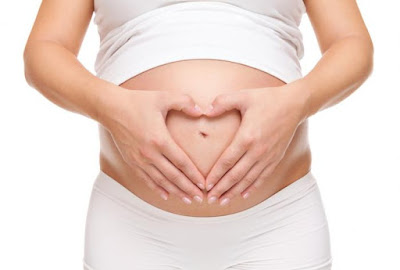Transdermal estradiol patches (25, 50 and 100 microgram Estradot brand patches) are now fully subsidised, without the need for Special Authority approval, as a form of menopausal hormone therapy (MHT) for the treatment of menopausal symptoms. From 1 January, 2017, a 75 microgram patch will also be available.
Previously, Climara brand 50 and 100 microgram patches were available through Special Authority funding. The Special Authority funding for these medicines was removed on 1 October, 2016, and Climara brand 50 and 100 microgram patches will be delisted from 1 January, 2017. Patients who are currently using Climara patches and require ongoing treatment will need to switch to Estradot brand patches.
Read more: Estradiol Patches Now Fully Subsidized: What Is Their Place In The Treatment Of Menopausal Symptoms?
Source: bpac






